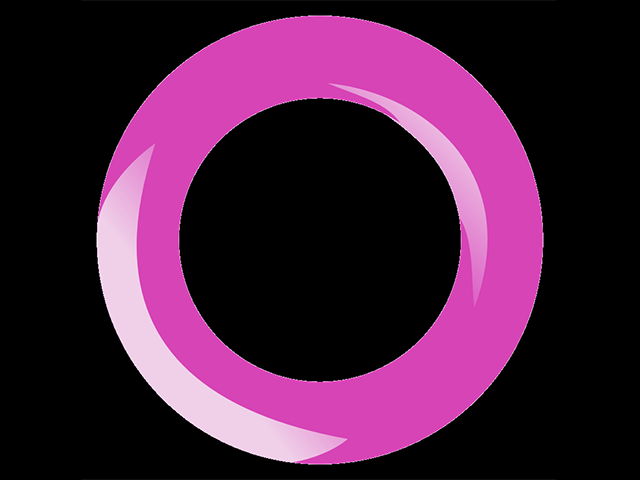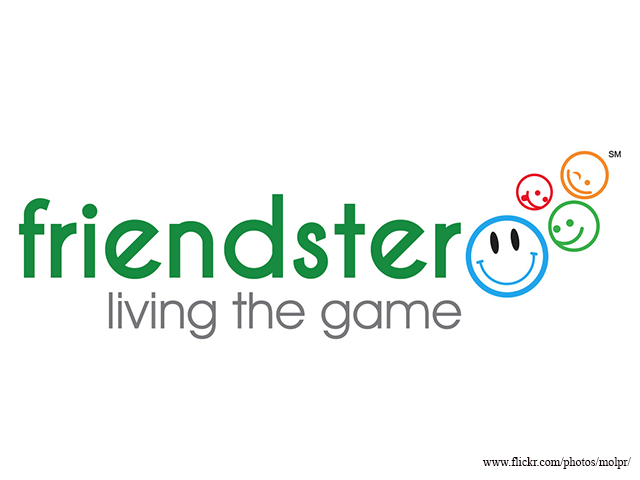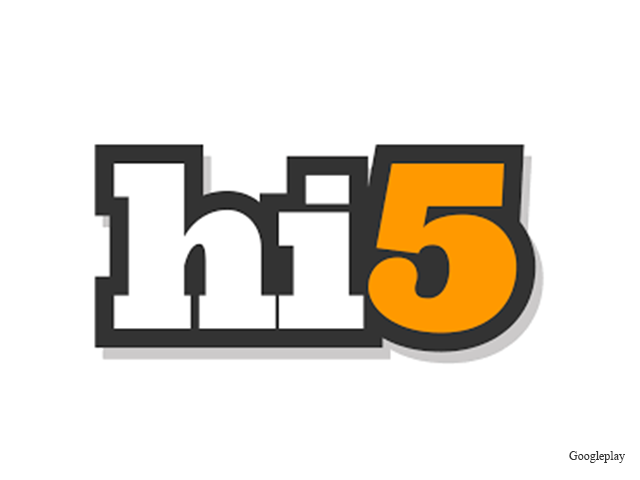7 social media sites that failed to become 'Facebook'

1/8
All you need is app
ET Magazine shines a light on Orkut and other social media sites which either failed to keep going or did not quite deliver on their initial promise
ThinkStock Photos

2/8
Orkut
LAUNCHED: January 2004
PRESENT STATUS: Shut in September 2014
Started by Buyukkokten, a Turkish engineer at Google, Orkut was the result of the search giant's failure to buy Friendster. Orkut, while not much of a success in the US, proved big in Brazil and India, its two key markets. But in September 2010, Facebook, which debuted two weeks after Orkut's launch, went past Orkut in terms of number of users in India, and a year later, did the same in Brazil.
Orkut had 19 million users in India and 34 million in Brazil, when it lost the top spot to Facebook. Google fi nally shut Orkut on September 30, 2014.

3/8
MySpace
LAUNCHED: August 2003
PRESENT STATUS: Active
It may be hard to imagine how big MySpace was. In 2006, it beat Yahoo and Google to become the largest website in the US by page views. Rupert Murdoch's News Corp had bought it the previous year for $580 million. Its valuation shot up to a staggering $12 billion in 2007, when it had 300 million users.
But it was all downhill for the site from there as Facebook closed the gap with MySpace and became the largest social networking site. News Corp sold MySpace in June 2011 for just $35 million.

4/8
Friendster
LAUNCHED: March 2002
PRESENT STATUS: Shifted to online gaming in 2011 and shut down in June 2015
Within a year of its launch, Friendster had three million users but soon had to contend with the likes of MySpace and Facebook.
It was sold to a Malaysian internet company in 2009 reportedly for $100 million. At the time of the sale, Friendster had around 75 million users in Asia. Friendster turned into an online gaming platform in 2011 and was disabled four years later.

5/8
SixDegrees
LAUNCHED: January 1997
PRESENT STATUS: Shut down in 2001
Among the first social networking sites along with Classmates, SixDegrees had a user base of 3.5 million at its peak but the limitations of internet connectivity meant it was an idea ahead of its time.
It was sold to YouthStream Media Networks for $125 million in 1999 and shut down two years later.

6/8
Hi5
LAUNCHED: June 2004
PRESENT STATUS: Active
Among the most popular social networking sites for a few years after its launch, Hi5 was second only to MySpace in 2007.
It was sold to another social network, Tagged, in 2011 and they were both bought by social discovery platform MeetMe for $60 million earlier this year.

7/8
Classmates
LAUNCHED: December 2005
PRESENT STATUS: Active
Founded as a way to get in touch with your friends from school and college, Classmates still remains just that, with access to decades-old yearbooks from schools across the US.
The website was bought by United Online in 2004 for a $100 million and in 2015 was sold for a third of that price.

8/8
Google+
PRESENT STATUS: Active
Smarting from its failed attempts in social networking through Orkut and Buzz, Google decided to take Facebook head-on with Google+. Integrated into Gmail, Google+ tried a slightly different approach to social networking than Facebook, offering users the option of categorising their friends into "circles".
But users were not too kicked about it and it has remained a mere afterthought in social media, despite a redesign in late 2015.
Read more on
